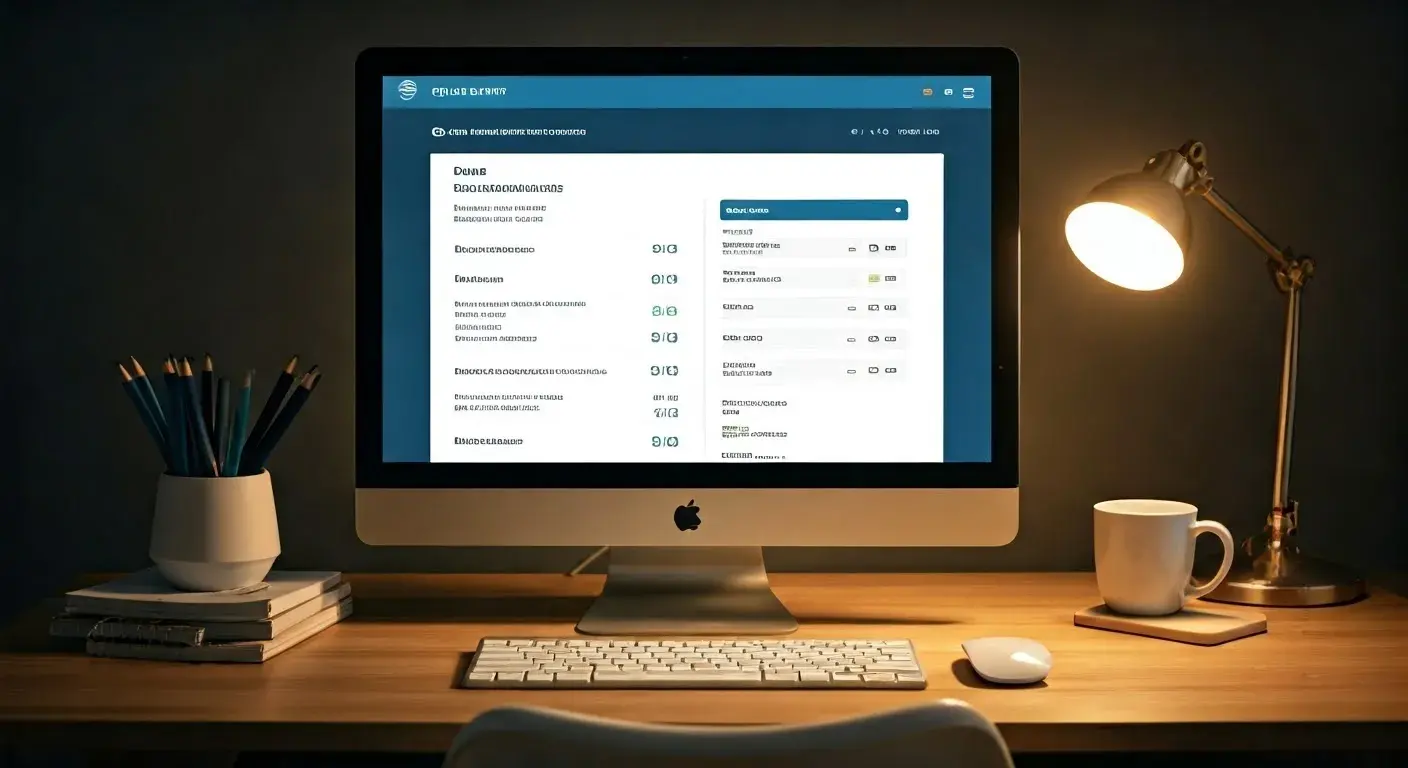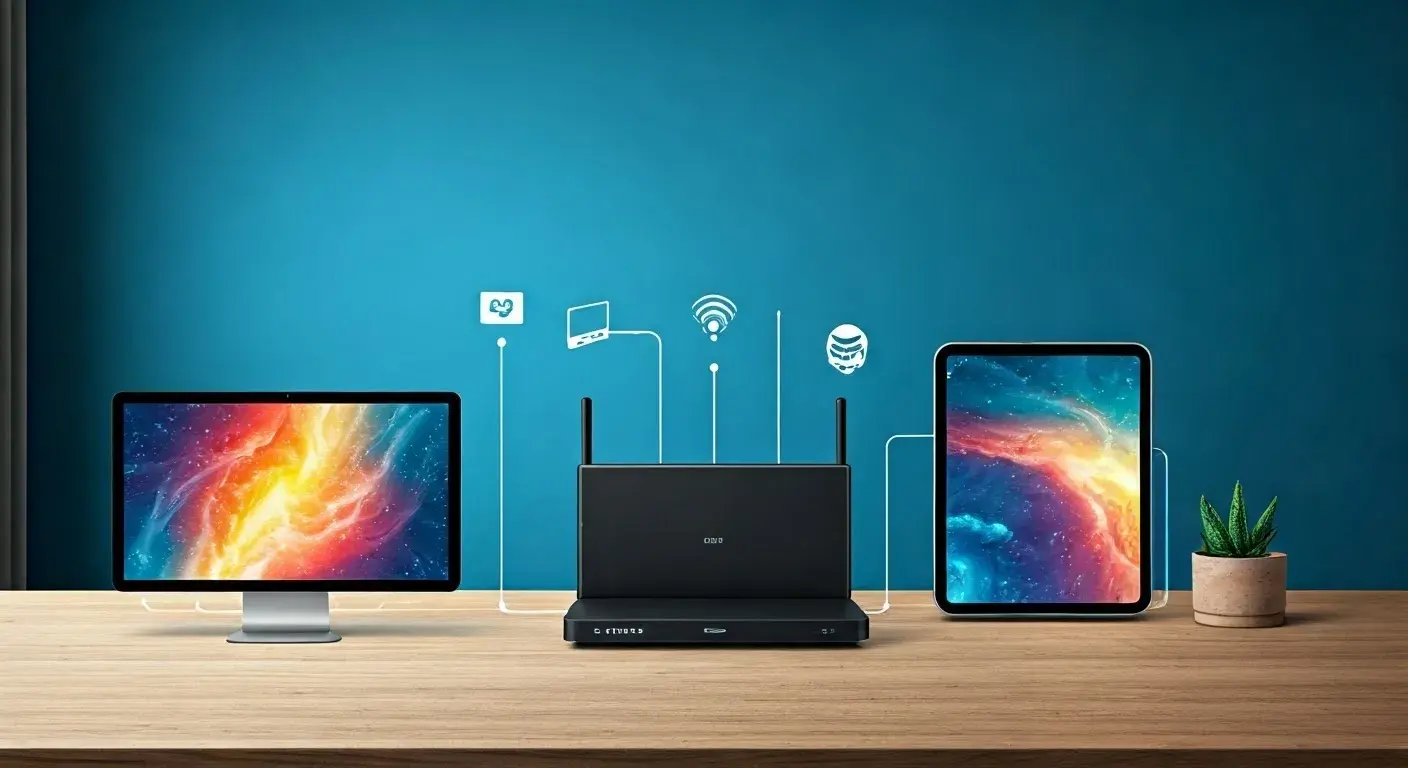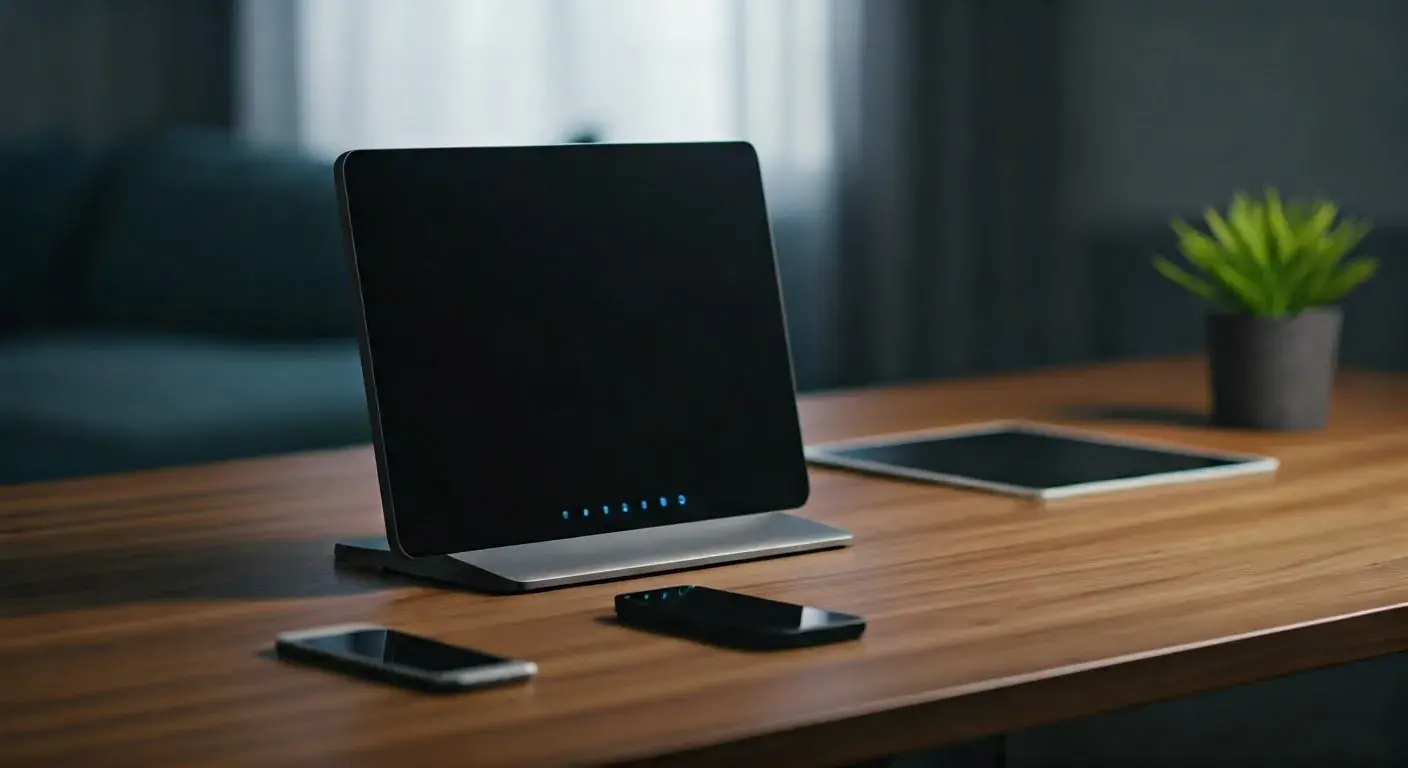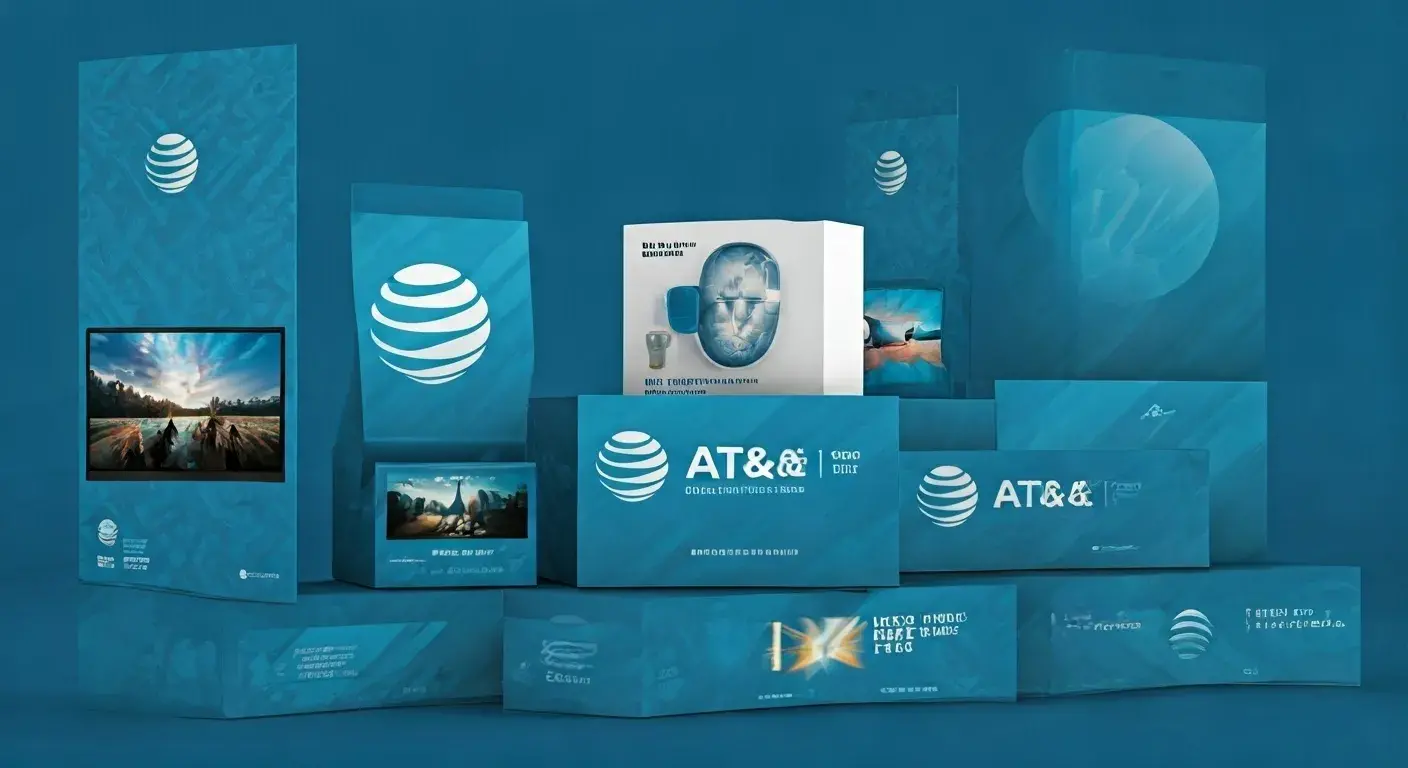Does AT&T use cable for internet?
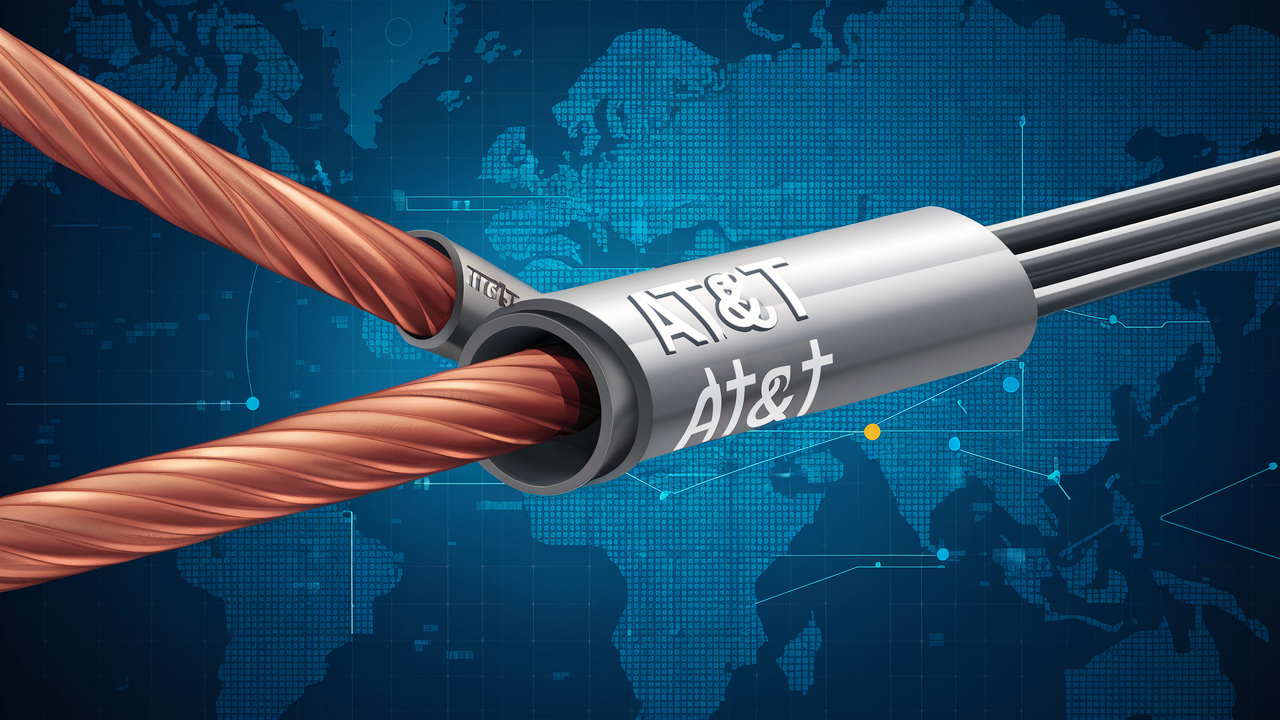
AT&T offers internet service through a few different methods:
DSL Internet
Fiber Internet
Fixed Wireless Internet
DSL at AT&T Another kind of internet service depends on current phone lines to offer the internet. Using copper telephone cables, the same kind you would find in conventional landline phones connects your residence to the AT&T central offices. DSL is among the less expensive broadband technologies as its strength is in its capacity to use current infrastructure. Still, its speed will likely be slower than that of the cable and fiber connections.
Offered by AT&T, AT&T Fiber is a fiber internet service with a very fast broadband connection over fiber lines. Faster speeds than DSL or cable internet are attained by these connections using pulses of light over tiny glass fibers. For download and upload, AT&T Fiber provides rates of up to 1 Gbps. Fiber internet has the drawback of not being as common as DSL and cable internet worldwide. For AT&T, building fiber infrastructure is never stopping the process.
Using radio signals from towers built by the firm, Fixed Wireless Internet from AT&T sends Internet signals to consumer premises. It is mostly used in rural regions without a wired broadband infrastructure. Though they depend on the high-quality signal between the device and the closest tower, potential maximum speeds may reach 160 Mbps.
Therefore, in summary, AT&T uses telephone lines, fiber optics, and radio waves to offer broadband internet connectivity. Their network does not have the same coaxial “cable” lines that most cable internet service providers such as Spectrum, Xfinity, and Cox among others use. Telephone companies and cable companies established different networks that were specific to their respective technologies.
When choosing between AT&T internet and a cable provider, there are a few key factors to consider: When choosing between AT&T internet and a cable provider, there are a few key factors to consider:
Speeds: Copper wire fiber optic cables can also offer better internet speed than coaxial cable lines. However, in regions with no fiber connection from AT&T, cable must be faster than DSL over the phone line.
Availability: Cable internet tends to be more geographically ubiquitous throughout the U.S., AT&T fiber and fixed wireless internet are comparably restrained.
Bundling: Customer can sometimes cut their costs if they opt for internet service together with television and or phone services. Cable providers, including the leading ones, do offer service bundless, and the same can be said for AT&T.
Reliability: Sometimes the service may be affected due to things such as extreme weather conditions, cord or equipment malfunction, traffic jams, and other related factors. Cable and AT&T experience reliability issues in various areas.
Overall value: Thus, the right option is what provider has better speeds, more reliability, and cheaper plans for the members of your household to use during necessary usage. It is very important to compare all providers that are available in the region.
Therefore, although AT&T does not offer home or business internet service through cable TV infrastructure, they can still offer fast broadband via services that use phone lines, fiber optic, and fixed wireless. Where fiber or fixed access is available from AT&T on a wide scale, they present a fairly viable option to cable internet. That way, one is left with the logical choice when trying to compare AT&T and cable companies for quality and cheap internet services.
Upgrade to faster, more reliable AT&T Fiber Internet today! Call us at +1 844-905-5002 and get connected with speeds that keep you ahead.


